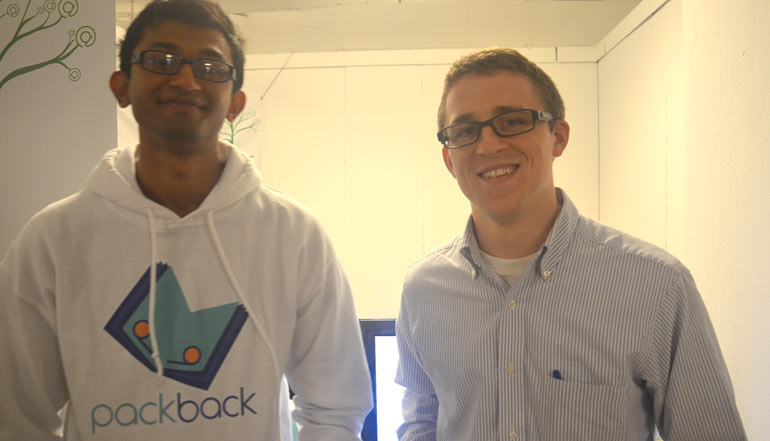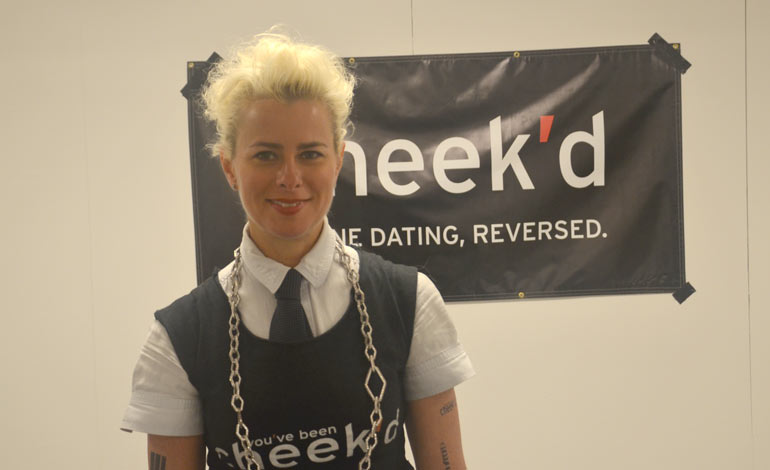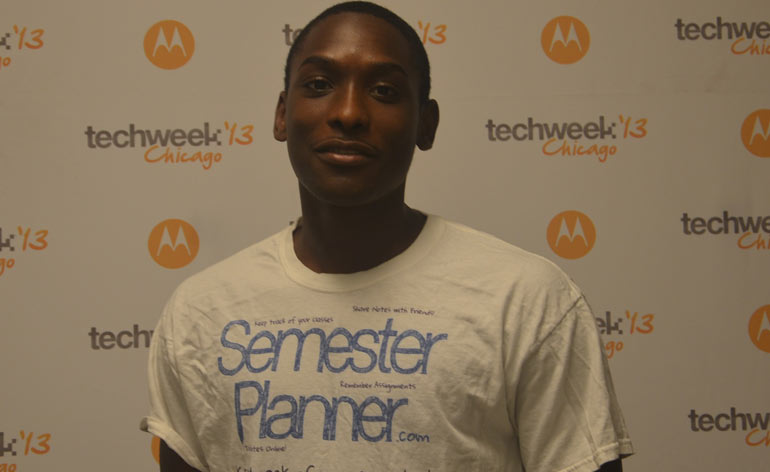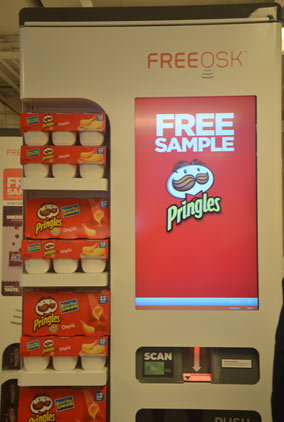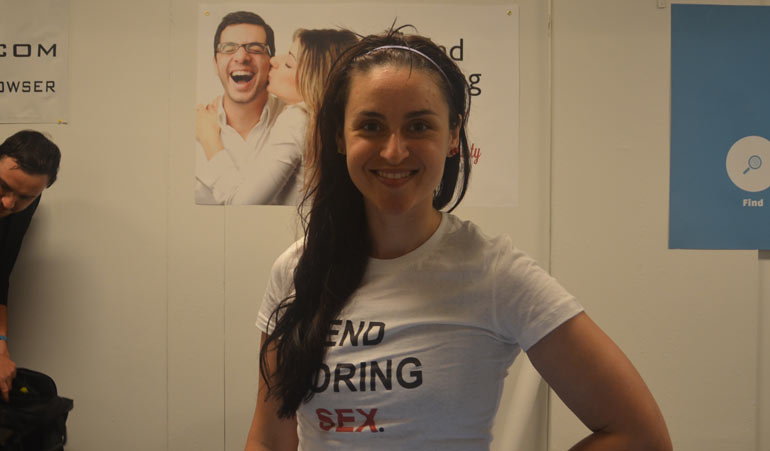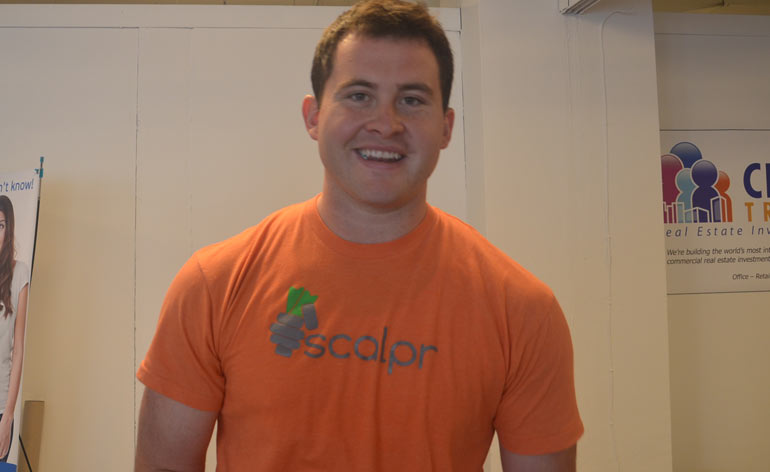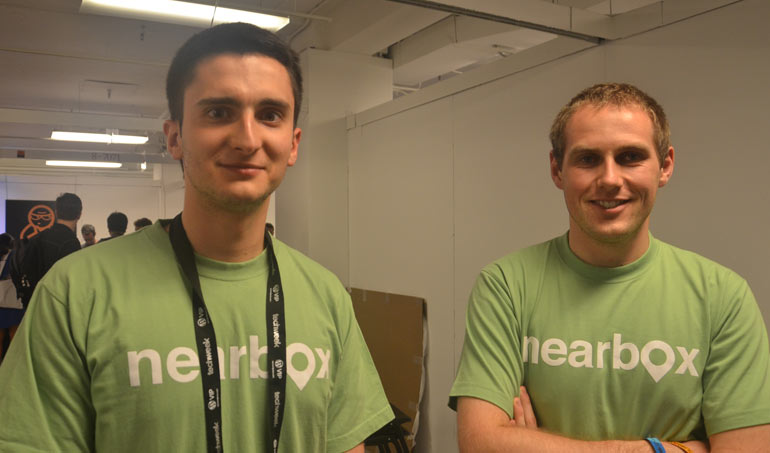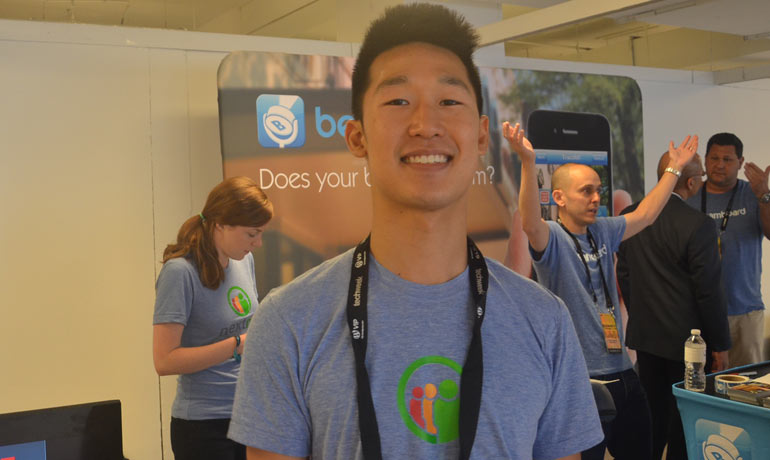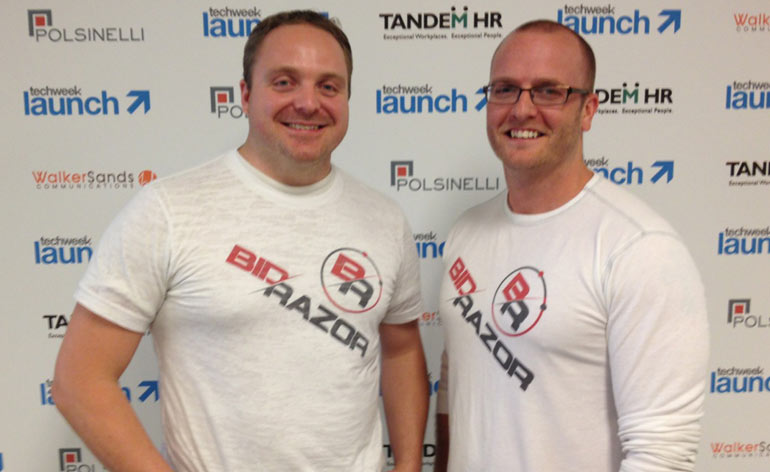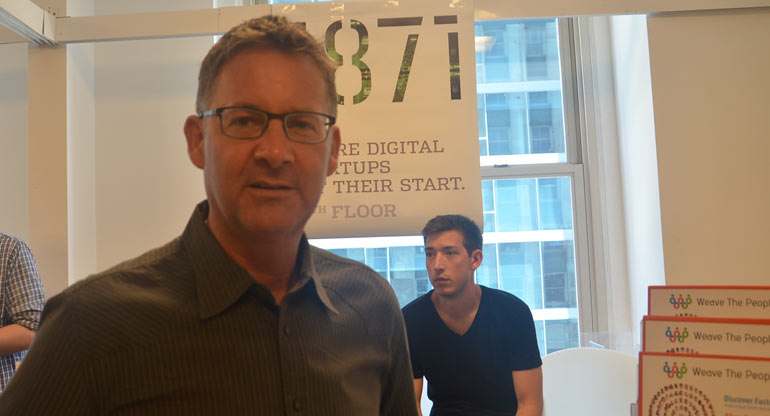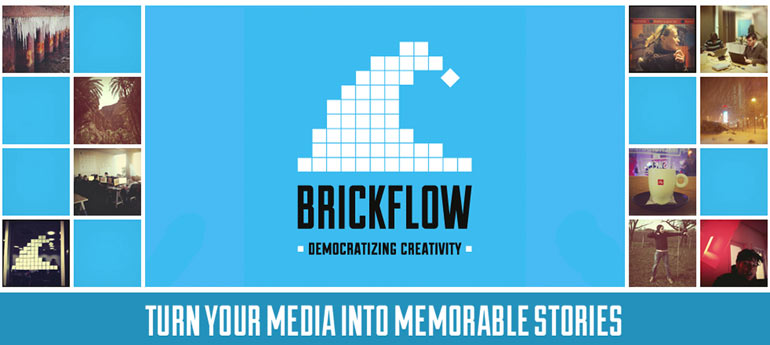
Stringing together content to tell a story isn’t anything new, but the tools we are using these days to tell stories are getting newer every day. A big story is now told through a series of smaller stories, typically in 15 second videos, 6 second videos or 140 characters or less. Yes I’m speaking of Twitter, Vine, and the new Instagram with video.
There are a lot of people telling stories through Vine. We’ve even used Vine to do six second startup pitches. Now, with video on Instagram people are using that as a tool. In fact New York investor, and wine aficionado Gary Vaynerchuck has started an agency representing the best of the micro-videoers.
But what about the millions of others who want to make something more than just a few microbursts and updates? People would surely love to use their content to tell stories on a grander scale, right?
That’s what Hungarian startup (yes there are startups in Hungary), Brickflow is doing with social media. They hope to open their playful story creation tool up for global public beta later this month. We got a chance to talk with Mihaly Borbely, one of the cofounders of Brickflow. Check out the interview below.

Who are the founders, and what are their backgrounds?
Brickflow has three founders.
Mihaly Borbely has a background in market research, and also has experience in photography and web technologies. Peter Langmar has a background in photography, but changed his track and studied business and communications. He researched the impact of social media on our cultural behaviour and worked for a Harvard University founded startup incubator in Paris. Tamas Kokeny has worked as a developer for years and participated in the development of sites like Superglued before he joined Brickflow. He gained key experience at the well-recognized Hungarian startup, Prezi.
Where are you based?
We are from Budapest, Hungary, but we’ve been living in several places over the last one year. As startup founders we have to be flexible and ready to move anywhere, if an opportunity arises. We moved to Tallinn, Estonia, to join the Startup Wise Guys accelerator. Currently we are working in Santiago, as part of the Start-Up Chile program. We’ll stay here until September, then we’ll move back to Europe. Our future goal is to focus our business development and marketing efforts to the US.
What’s the startup scene like where you are based?
Estonia is a great place to be for startups. Innovation seems to be deeply rooted in the everyday life of the country. There’s an active startup scene in Tallinn, with lots of events going on. Being in Santiago is also an awesome experience, since we work together with a huge community of Start-Up Chile participants from all over the world. But our home city, Budapest is awakening and also has its own startup community, which is growing at a speed we’ve never seen before. Each place has its own strengths.
What problem do you solve?
There is no tool for playful curated storytelling:
Curation tools only let you create just another linear feed. Storytelling tools are too complicated. If bloggers want to add a visual narrative to a post, they have no easy way to do it. There is no way to connect short videos as a story, or present content from different sources as one coherent visual narrative.
Why now?
Curated storytelling is a form of communication that is here to stay. But content is getting shorter, more visual, and taking place in real-time. Hashtags are becoming mainstream. Vine and Instagram are widely popular. This is a totally new form of self-expression: a few seconds of square-shaped video, low-res snapshots, 140 characters of text.
The tool which connects these sources into curated stories must have a format, workflow, and user experience that fit perfectly into this new world. Nobody else on the market is focusing on visual storytelling with such an approach. Moreover, we aggregate social media content based on hashtag, which makes the workflow much more simple.
What are some of the milestones your startup has already reached?
We started with a successful crowdfunding campaign, been through the Startup Wise Guys accelerator, and the Startup Chile program. We are currently in private Beta, but our early adopters already made thousands of stories with Brickflow. We already have paying customers as well, using Brickflow for marketing purposes.
What are your next milestones?
The public Beta will be launched in July.
We are raising $250.000 seed investment, for which we already have 75% in soft commitments, but of course we are still looking for potential investors.
Where can people find out more? Any social media links you want to share?
Brickflow can be found on any of the following platforms:
facebook.com/brickflow twitter.com/brickflow blog.brickflow.com
Startup America goes global with UP Global



